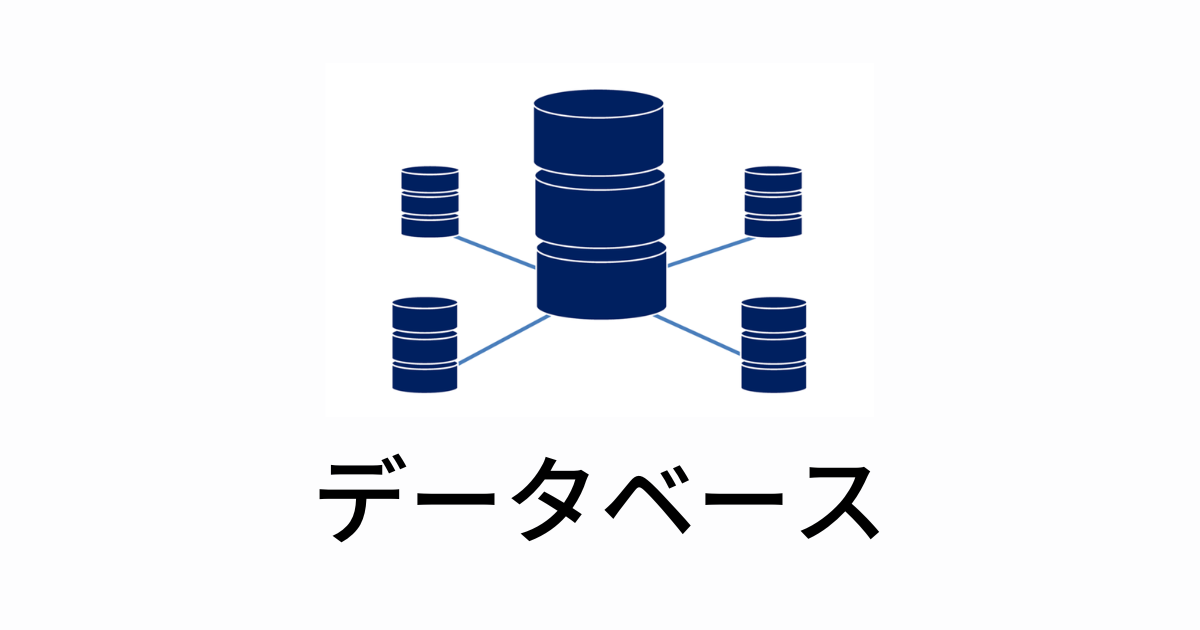When backing up MySQL data using mysqldump, you may need to export only specific data instead of the entire database, especially when dealing with large datasets. The --where option allows you to specify conditions to filter the data you want to export. In this article, we will explain how to use the --where option effectively, along with other useful options.
Basic Usage of mysqldump
To back up an entire database using mysqldump, you typically run the following command:
mysqldump -u username -p database_name > backup.sqlThis command exports all tables in the specified database. If you only want to back up a specific table, you can specify the table name as follows:
mysqldump -u username -p database_name table_name > backup.sqlUsing the --where Option to Specify Conditions
The --where option allows you to export only the data that matches specific conditions. For example, to export records from the users table where created_at is on or after 2024-01-01, use the following command:
mysqldump -u username -p database_name users --where="created_at >= '2024-01-01'" > users_backup.sqlTo specify multiple conditions, use the AND operator:
="status='completed' AND order_date >= '2024-01-01'" > completed_orders.sqlUseful Options to Use with --where
Here are some useful options to combine with --where for better control over the backup process.
--single-transaction
The --single-transaction option helps avoid table locks while ensuring data consistency during the dump process.
mysqldump -u username -p --single-transaction database_name table_name --where="condition" > backup.sql--no-create-info
By specifying --no-create-info, you can exclude table creation statements and export only the data.
mysqldump -u username -p database_name table_name --where="condition" --no-create-info > data_only_backup.sql3.3 --lock-tables
By default, mysqldump locks tables while dumping. If you are exporting a large dataset, you may want to disable table locking by using --single-transaction along with --lock-tables=0.
mysqldump -u username -p --single-transaction database_name table_name --where="condition" --lock-tables=0 > backup.sql4. Checking Compatibility with the Latest MySQL Versions
The behavior of mysqldump may change in newer MySQL versions. Be sure to check the official documentation for the latest features and options:
5. Summary
Using the --where option in mysqldump allows you to efficiently back up specific portions of your database.
- The
--whereoption filters data during export. - Using
--single-transactionprevents table locks while maintaining data consistency. --no-create-infoexports only data without table definitions.- Checking MySQL’s latest documentation ensures compatibility with newer versions.
When extracting specific data from a database, combining the appropriate options can help streamline the process and ensure a smooth backup experience.

